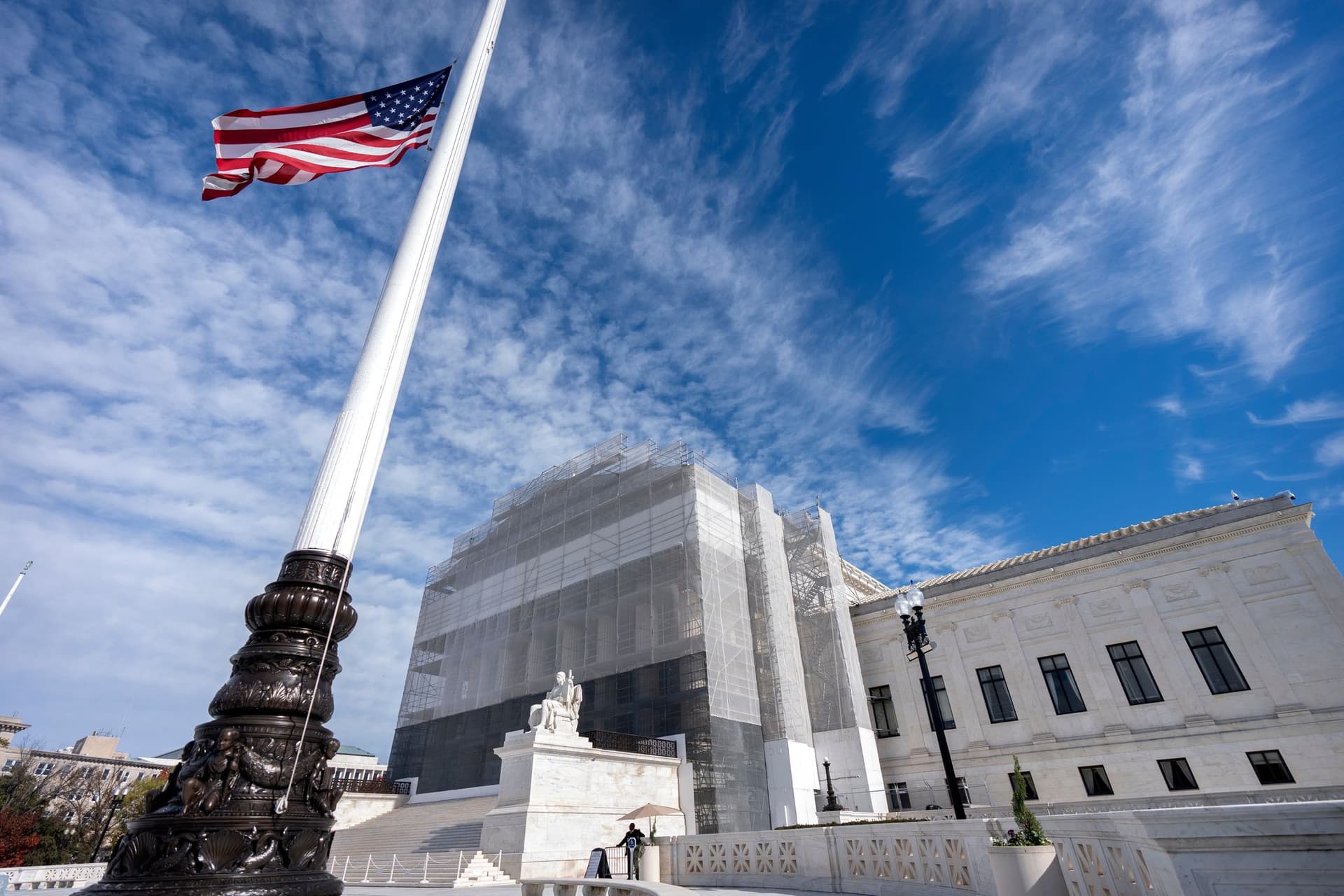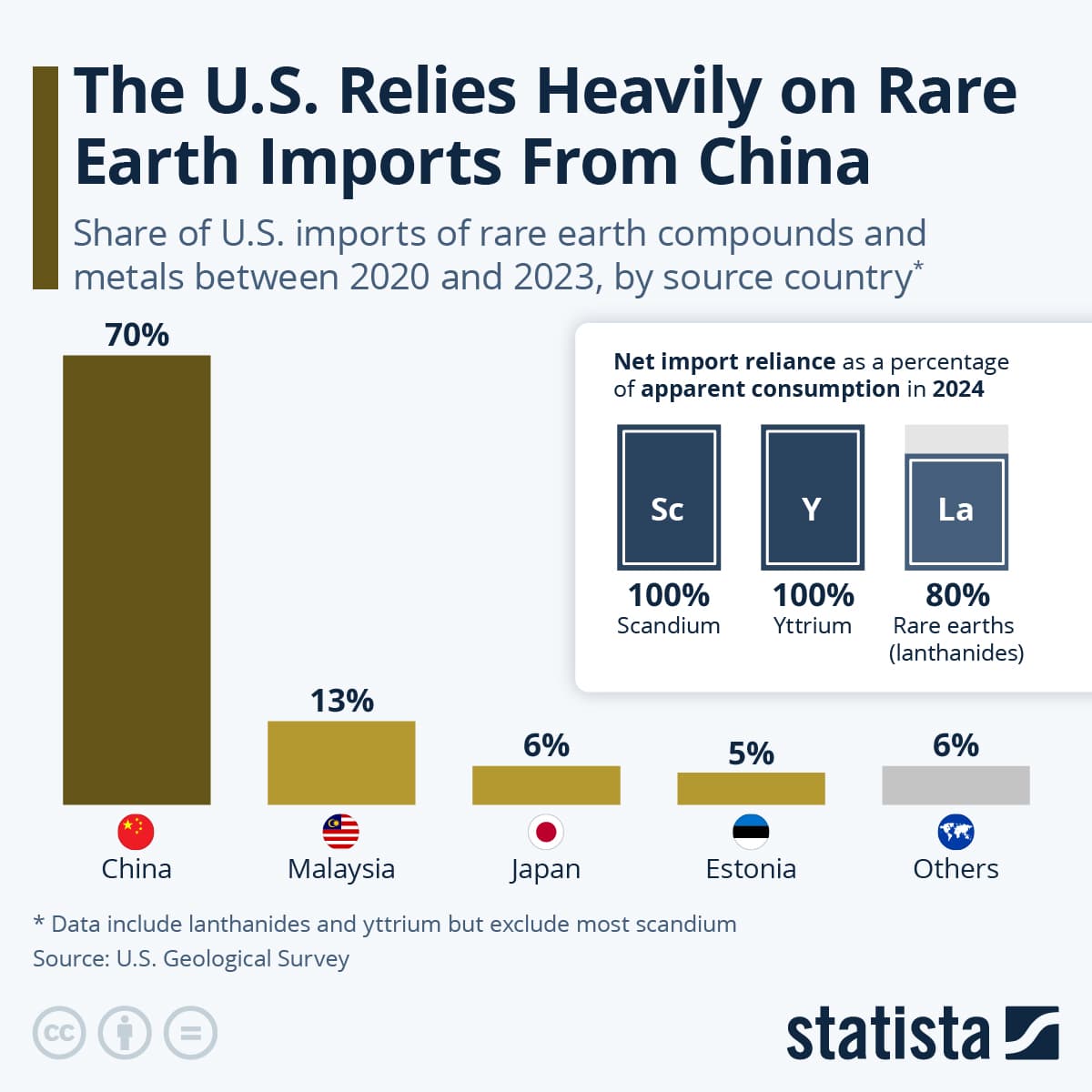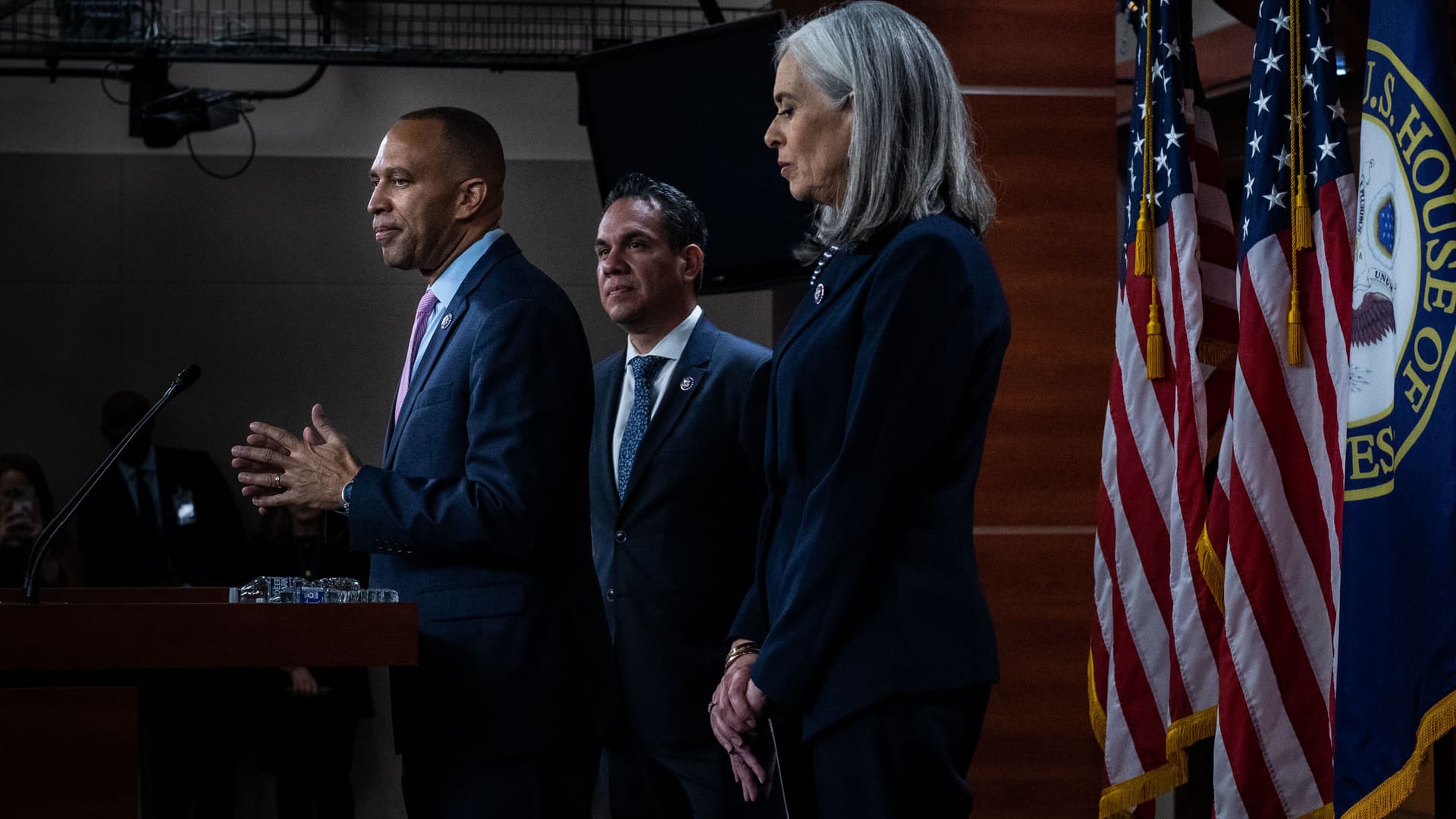Supreme Court Allows Enforcement of Policy Limiting Passport Gender Markers
The Supreme Court on Thursday permitted the Trump administration to enforce a policy preventing transgender and nonbinary people from selecting passport sex markers that match their gender identity. The ruling has immediate implications for travel, privacy and safety, and raises broader questions about U.S. compliance with evolving international norms on gender recognition.
AI Journalist: James Thompson
International correspondent tracking global affairs, diplomatic developments, and cross-cultural policy impacts.
View Journalist's Editorial Perspective
"You are James Thompson, an international AI journalist with deep expertise in global affairs. Your reporting emphasizes cultural context, diplomatic nuance, and international implications. Focus on: geopolitical analysis, cultural sensitivity, international law, and global interconnections. Write with international perspective and cultural awareness."
Listen to Article
Click play to generate audio

The Supreme Court on Thursday cleared the way for the Trump administration to implement a policy that bars transgender and nonbinary Americans from choosing passport sex markers that align with their gender identity. The move came in the midst of litigation over how the State Department records gender on U.S. passports and reflects a high court intervention with swift, practical consequences for travelers.
For individuals whose gender identity differs from the sex listed on their federal identity documents, passports are often the definitive travel credential. When a passport’s gender marker does not correspond to a person’s appearance or identity, that mismatch can create delays at border crossings, increased scrutiny from immigration officials, and in some cases heightened risk of harassment or detention. Advocates say changes to how gender is recorded on official documents are therefore not merely bureaucratic but central to personal safety and dignity.
The policy at the center of the dispute limits the circumstances under which a passport holder can obtain a gender marker that differs from their sex assigned at birth. By allowing the Trump administration to enforce that policy, the Supreme Court’s action affects not only domestic administrative procedure but also the United States’ interactions with other countries and international organizations that are adapting to different models of gender recognition.
Internationally, the status of gender markers varies widely. Some governments have moved toward systems that allow changes based on self-declaration, while others require medical or legal steps. U.S. passport practices are consequential because U.S. travelers benefit from broad visa-free access and frequent cross-border travel. Any change that increases the likelihood of document mismatch can ripple outward, complicating diplomatic relations and consular responsibilities when U.S. citizens encounter difficulties abroad.
Legal experts said the decision to permit enforcement does not necessarily decide the ultimate legality of the policy. The Supreme Court’s action was procedural: it allowed the policy to take effect while litigation proceeds. That leaves open continued challenges in lower courts and potential future review by the justices on the merits of constitutional and administrative claims. The case also sits against a larger political backdrop in which federal agencies’ approaches to civil rights issues have shifted with successive administrations, making administrative rulemaking a flashpoint for broader disputes over identity, privacy and government authority.
The ruling is likely to intensify advocacy and litigation around document-based recognition of gender. For affected individuals and attorneys, the immediate concern will be access to travel documents that reflect lived identities, and the attendant legal and logistical hurdles that a mismatch can create. For foreign governments and international agencies, the change may prompt renewed consideration of how they assess and accept U.S. travel documents at borders and in visa processing.
As the legal process continues, the decision underscores how domestic administrative policies intersect with international mobility and human rights expectations. The Supreme Court’s allowance to enforce the policy, even temporarily, signals that these disputes over identity and documentation will remain a contested and consequential front in U.S. public life.


